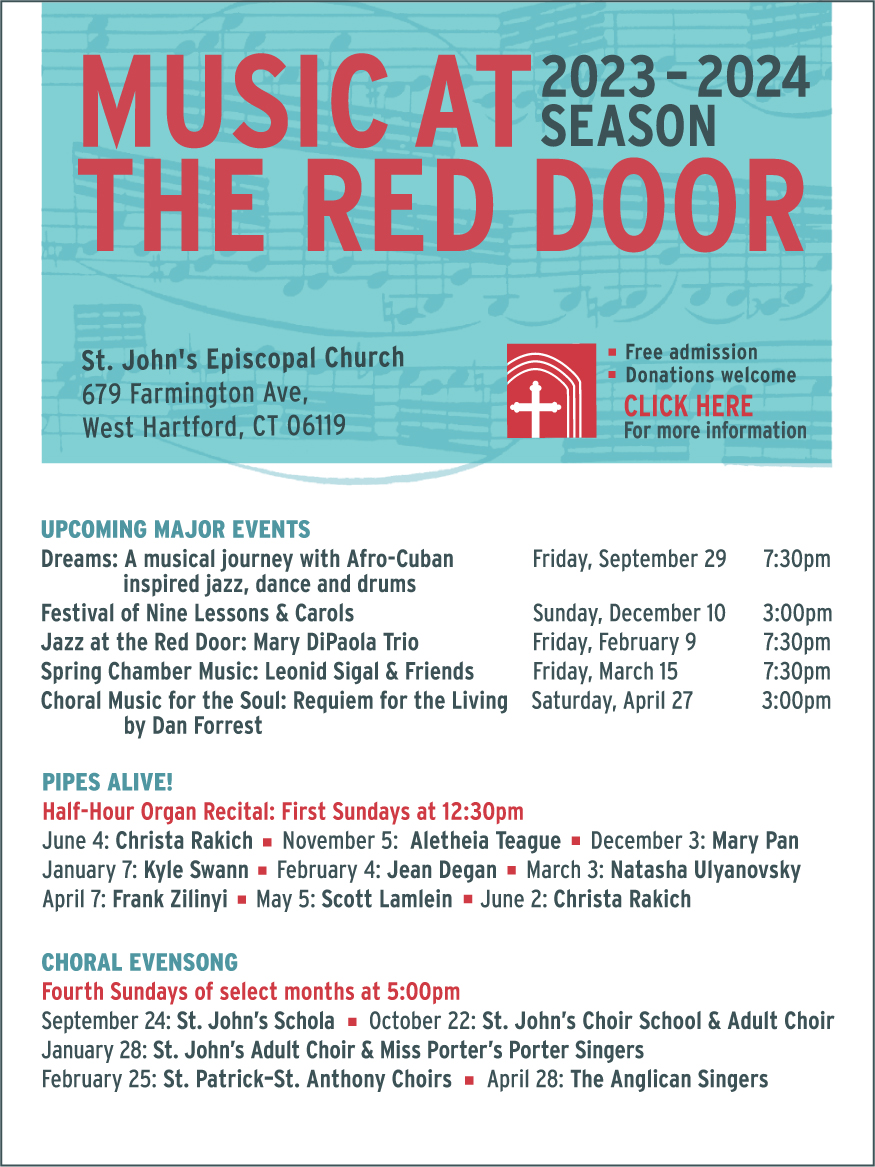World Premiere: December 10, 2000
Most Recent HSO Performance: This is the HSO's first performance of this work.
Instrumentation: 2 flutes with second flute doubling on piccolo, 2 oboes, 2 clarinets, 2 bassoons, 2 horns, 2 trumpets, timpani, glockenspiel, whipcrack, suspended cymbal, templeblocks, woodblock, 2 trinagles, and strings: violin I, violin II, viola, cello, and bass
Duration: 11'
The fact that Gabriela Lena Frank was born in 1972 in Berkeley, California of Peruvian heritage forms the basis of her creative personality, which draws together musical qualities from both North and Latin America. Frank, gifted as a composer, pianist and speaker, earned her bachelor’s and master’s degrees at Rice University in Houston and her doctorate at the University of Michigan; her principal teachers have included William Albright, Leslie Bassett, William Bolcom and Samuel Jones in composition, and Jeanne Kierman Fischer and Logan Skelton in piano. As a pianist, Frank has recorded the complete solo piano and violin/piano compositions of her teacher, Pulitzer Prize-winning composer Leslie Bassett. Frank said of her improbable career, “I firmly believe that only in the United States could a Peruvian-Chinese-Jewish-Lithuanian girl born with significant hearing loss in a hippie town successfully create a life writing string quartets and symphonies.”
The compositions of Gabriela Lena Frank incorporate elements of Latino/Latin American mythology, archeology, art, poetry and folk music into traditional Classical forms in works for orchestra, chamber ensembles, piano, chorus and vocal solo. She has received commissions, grants and awards from the orchestras of Cleveland, Philadelphia, Albany, Utah, St. Paul and Seattle, Van Cliburn International Piano Competition, ASCAP, National Endowment for the Arts, American Academy of Arts and Letters, Marilyn Horne Foundation, Carnegie Hall, Guggenheim Foundation, National Public Radio, Meet the Composer, Aspen Festival, MacDowell Colony, Banff Centre for the Arts, International Music Council of UNESCO and many others; she won the inaugural Sackler Music Composition Prize of the University of Connecticut in 2002 and the 25th Anniversary Heinz Prize in Arts and Humanity in 2020. Frank has held residencies with the Detroit Symphony, Houston Symphony, Berkeley Symphony Orchestra, University of Missouri-St. Louis, Peabody Conservatory, UCLA, Rice University, Vanderbilt University, University of Southern California, University of Kansas, Cornell University and Composers’ Forum at Vermont’s Bennington College, and is a frequent guest at schools and festivals in North America and throughout Latin America; she is Composer-in-Residence with the Philadelphia Orchestra through 2021. Frank received the 2009 Latin Grammy Award for Best Classical Music Composition (Inca Dances) and a Grammy nomination for Best Classical Crossover Album as one of the composers who contributed to Yo-Yo Ma’s Silk Road Ensemble 2011 CD, Off the Map. In 2017, she founded the Gabriela Lena Frank Creative Academy of Music, a non-profit training institution that offers emerging composers short-term retreats at her farms in California, and was included in the Washington Post’s list of the “35 Most Significant Women Composers in History.” Born with a moderate-to-profound neurosensory hearing loss, Frank served as the keynote speaker at the national convention of the Association of Late-Deafened Adults in September 2005 in Salt Lake City. San Diego Opera premieres Frank’s first opera, The Last Dream of Frida and Diego, with a libretto by Pulitzer Prize-winning playwright Nilo Cruz, during the 2022-2023 season.
Frank wrote that Elegía Andina, composed in 2000 for the Albany (New York) Symphony Orchestra, “is dedicated to my older brother, Marcos Gabriel Frank. As children of a multicultural marriage (our father being Lithuanian-Jewish and our mother being Chinese-Peruvian-Spanish), our early days were filled with Oriental stir-fry cuisine, Andean nursery songs, and frequent visits from our New York-bred Jewish cousins. As a young piano student, my repertoire included not only my own compositions that carried overtones from Peruvian folk music but also rags of Scott Joplin and minuets by the sons of Bach. It is probably inevitable then that as a composer and pianist , I continue to thrive on multiculturalism. Elegía Andina (‘Andean Elegy’) is one of my first written-down compositions to explore what it means to be of several ethnic persuasions, of several minds. It uses stylistic elements of Peruvian arca/ira zampoña panpipes (double-row panpipes, each row with its own tuning) to paint an elegiac picture of my questions. The flute part was particularly conceived with this in mind. I can think of no one better to dedicate this work to than to ‘Babo,’ my big brother — for whom Perú still waits.”
©2022 Dr. Richard E. Rodda


